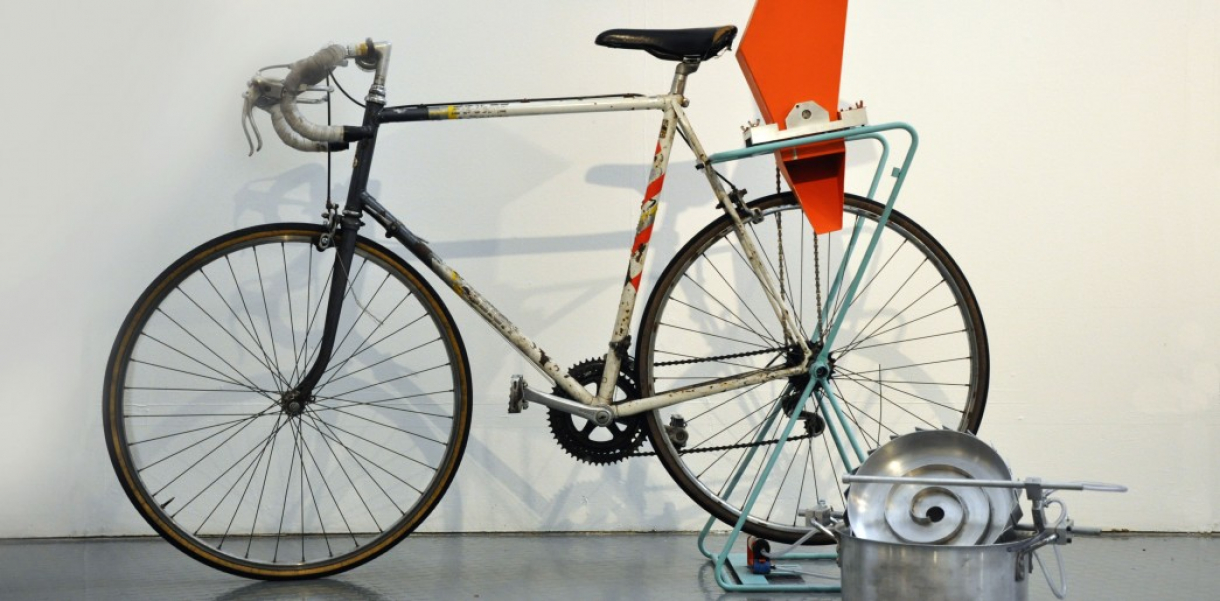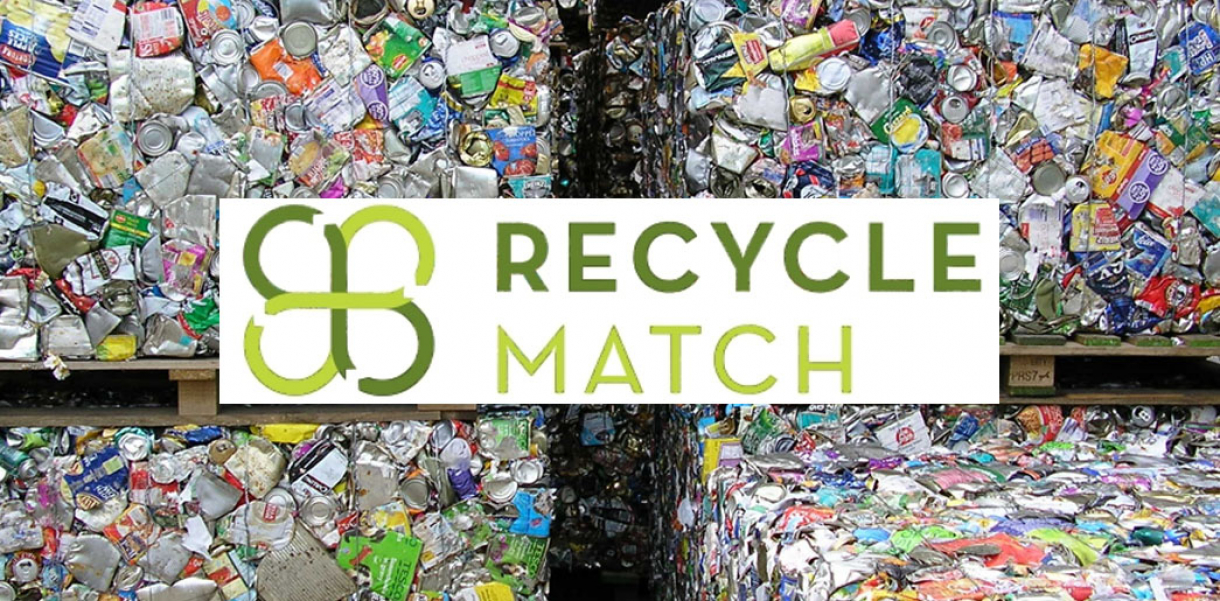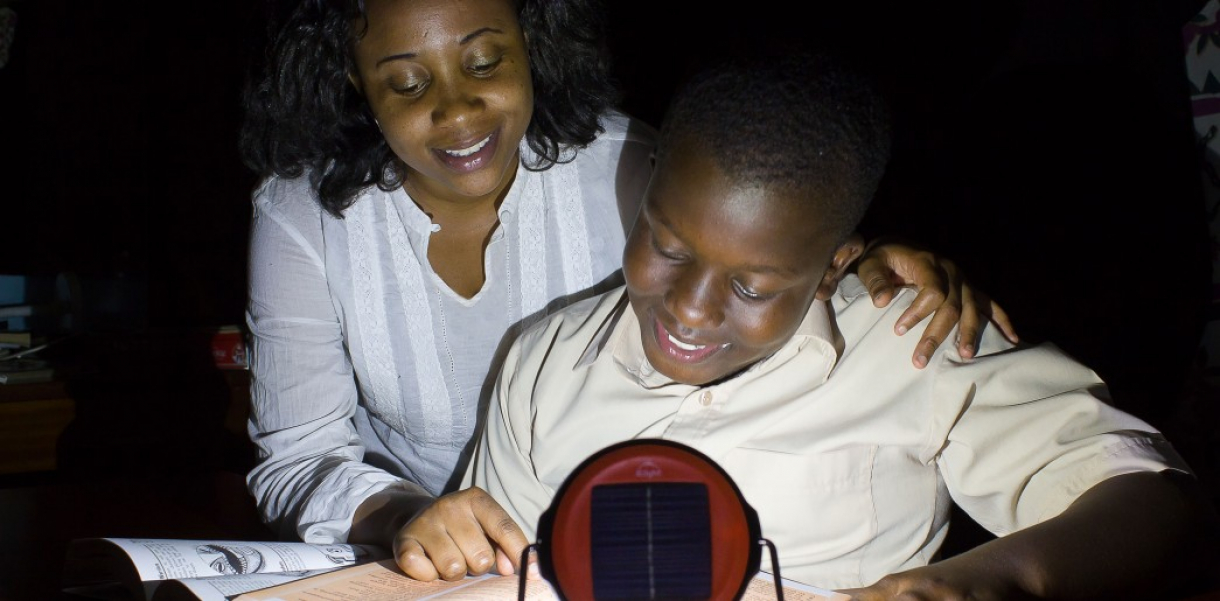The fastest growing waste stream worldwide is electronic waste (e-waste). Current recycling methods for electronics pollute the environment and endanger those involved in the toxic process. In response to this dire situation, Royal College of Art graduate Hal Watts has come up with an innovative bicycle-powered waste separator that achieves the same end, minus the harmful consequences. Peddling to a safer, more resourceful future.
Every year, the world generates over 40 million tons of e-waste, of which only 10-18% is recycled. Between 50-75% of Europe's e-waste is unaccounted for and it is thought that the majority of this is exported to developing countries. The UK, according to Watts, illegally exports up to 70% of its e-waste, largely to the west coast of Africa. One of the biggest centers for e-waste imports is Accra, Ghana, where some 30,000-40,000 people are dependent on informal recycling.
While the informal recycling provides good income for many of Accra's inhabitants, it involves a toxic and dangerous process of burning electrical wire to recover the copper within. The burning of wire releases huge amounts of carcinogens and neurotoxins into the atmosphere. Imagine fields of wheat replaced by landfills of burning e-waste, with clouds of black toxins filling the air. As those working in e-waste recycling, including teenagers and young children, do not wear any form of protection, they are exposed to harmful and poisonous toxins that cause untold damage to their health, causing seizures, retardation, paralysis and even death. These toxins do not only affect the health of recyclers, but also the wider community, as these contaminants enter the food chain by seeping into water ways and crops, leading to lung disease, respiratory problems, kidney disease and cancer.
We in the Western world are responsible for these life-threatening conditions due to our overconsumption and excessive want for new electronic products. Fortunately, designer Hal Watts has designed a solution that addresses this threat to the environment and climate with a simple, safe and sustainable recycling solution in the form of a bicycle called Esource.
Esource is a bicycle-powered cable recycling system for developing countries. It consists of two machines, a shredder and a sorter. First the shredder produces a mix of plastic and copper particles. Then the sorter separates the copper and plastic particles, leading to 98% pure copper. By using Esource, instead of burning wiring, the copper that it produces is worth approximately 30% more than if burnt. Additionally, the plastic sheathing can now be sold, providing a new source of income. Apart from the financial benefits, there would be huge environmental and health benefits, all of which using one of the cheapest and most popular method of transportation in the world: the bicycle.




